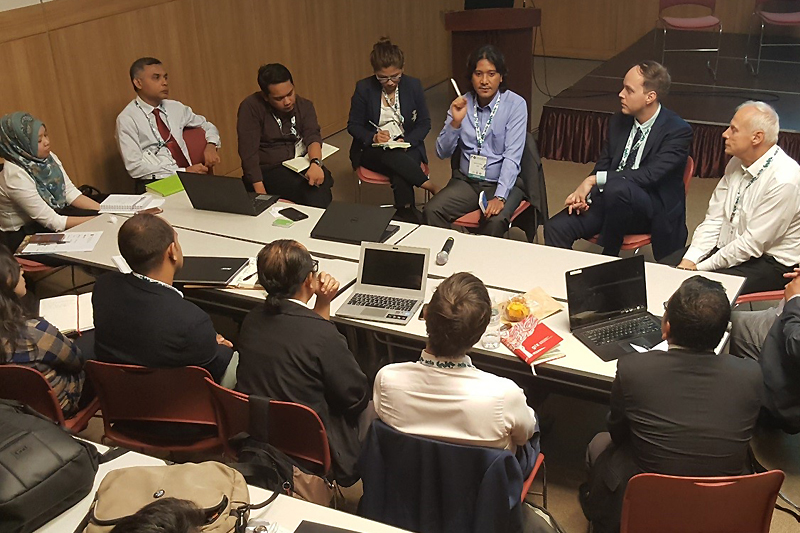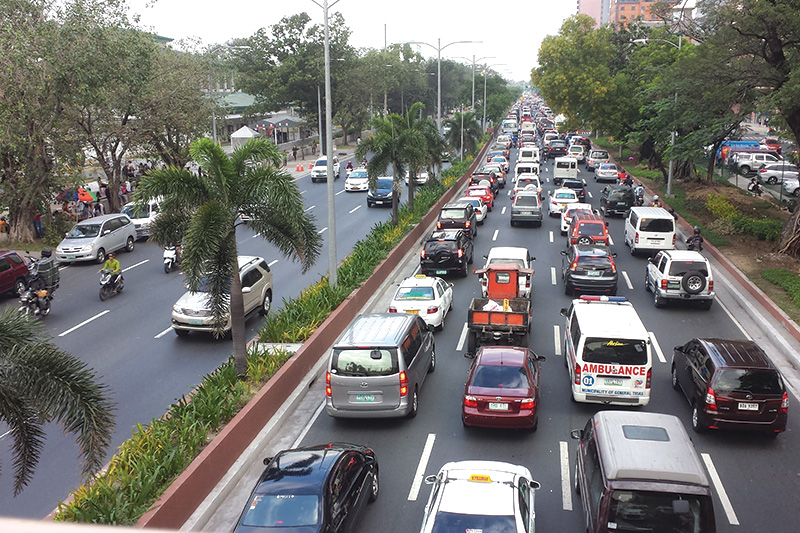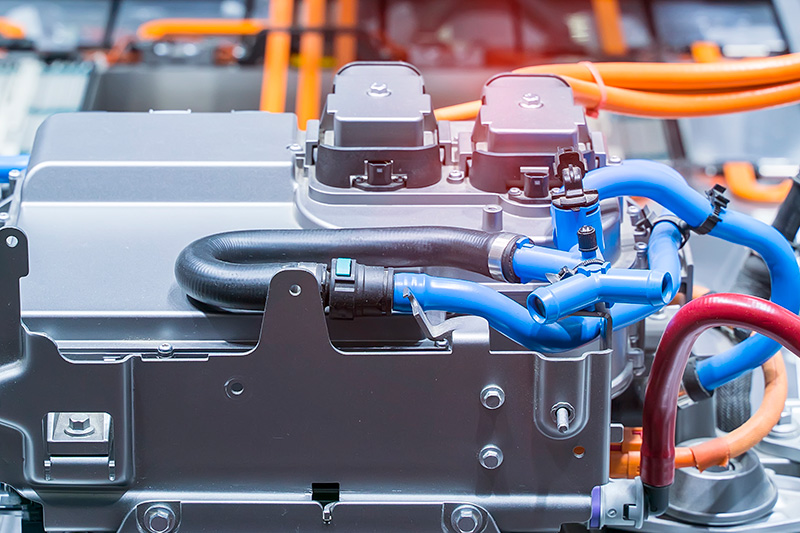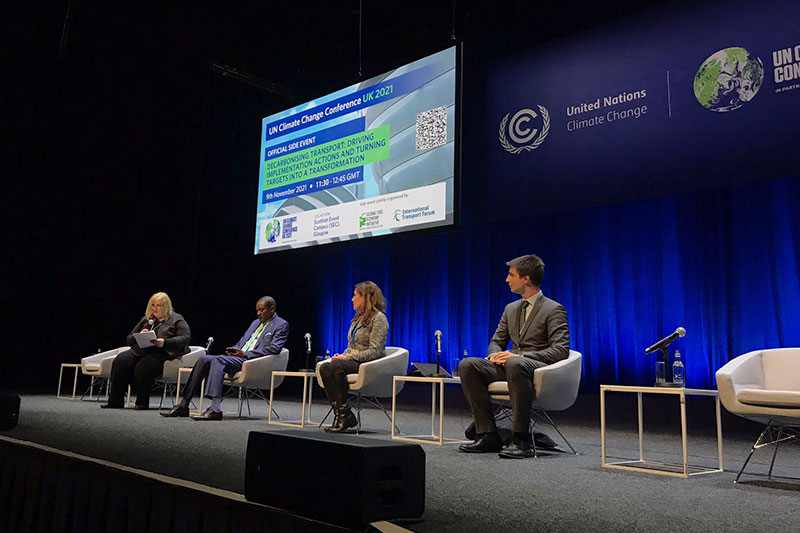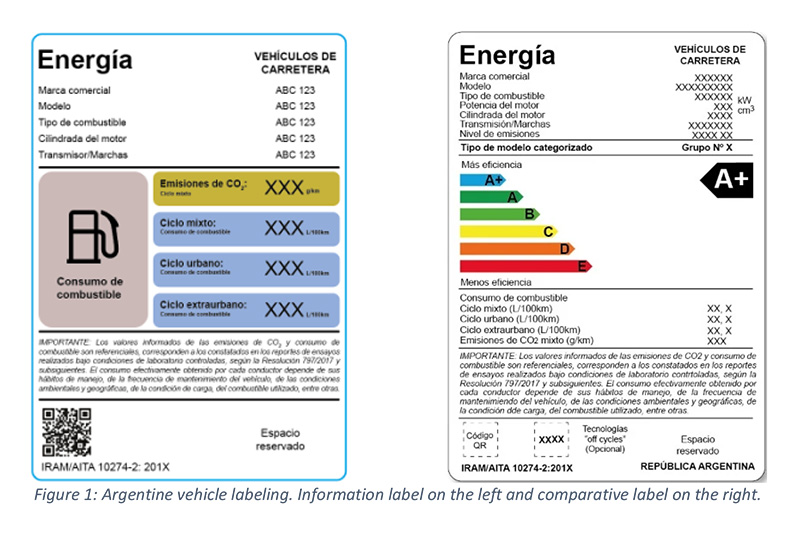GFEI at Better Air Quality Conference in Korea
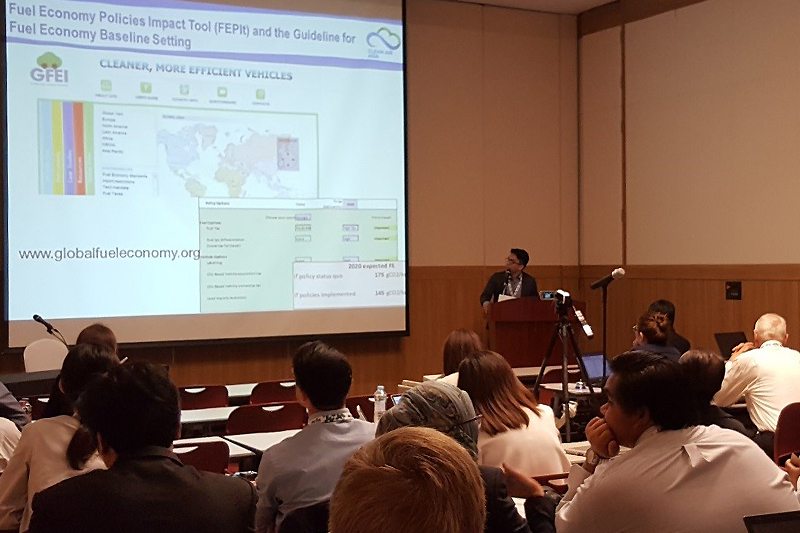
GFEI led sessions on Institutionalizing Fuel Economy in Asia and Real World Emissions at the Better Air Quality Conference in Busan, South Korea. The Conference, organised jointly with the International Union of Air Pollution Prevention Associations brought together global experts and policymakers working on air quality and emissions. GFEI also held a Fuel Economy Experts and Stakeholders meeting to guide Asian countries in developing fuel economy policies.
UNEP together with Clean Air Asia, and GIZ arranged the Institutionalizing Fuel Economy in Asia session on 30th August. This started with a presentation on GFEI from Clean Air Asia about Fuel Economy prospects and was followed by country presentations about Thailand’s new eco-sticker labels and CO2-based taxation scheme, Sri Lanka’s taxation scheme that encourages hybrid and electric vehicles, and fuel economy standards in South Korea. Panellists from the Philippines, Vietnam, Malaysia and Thailand then discussed the status and challenges of fuel economy policy development in their countries.
The Real World Emissions session, chaired by Bert Fabian of UNEP, discussed for the first time with the air quality community in Asia, the issue of real world emissions and fuel consumption of light-duty vehicles and the certified or ratings provided by vehicle manufacturers. Jim Blubaugh of the US Environmental Protection Agency presented the prevailing enforcement and compliance system employed to verify compliance of vehicles in the US and how it is developing new ways to ensure compliance of new vehicles. This was followed by presentations on the non-compliance experience in the EU, and a presentation by iCET about tracking real world fuel consumption through the use of a mobile app. Finally, Axel Friedrich from ADAC showed more information on the high variability of real world emissions compared to the ratings of manufacturers using portable emissions monitoring, and highlighted the need to have real world emission standards. One of the issues that arose in the subsequent discussion was the implication of these developments to current and future type-approval systems that are in place, or those that will be developed in the region.
The Fuel Economy Experts’ and Stakeholders’ Meeting on 31 Aug was organized to follow-up on the implementation of the national projects in South Asian countries (Bangladesh, Nepal, and Sri Lanka) and Southeast Asia (Indonesia, Malaysia, Philippines, Thailand, and Vietnam). UNEP, GIZ, and Clean Air Asia discussed with the countries’ their strategies and plans to make sure that fuel economy policies are implemented in these countries and the region.
